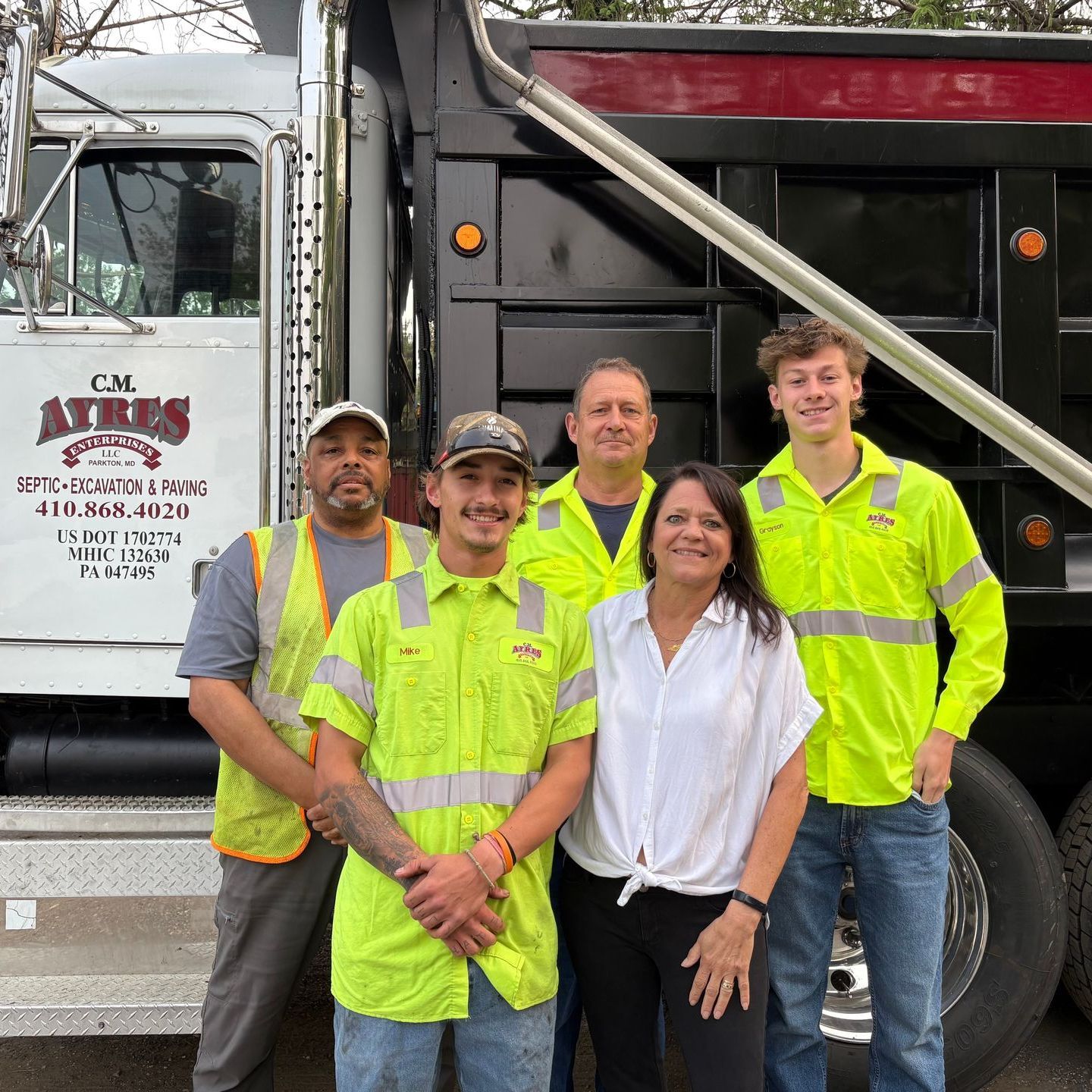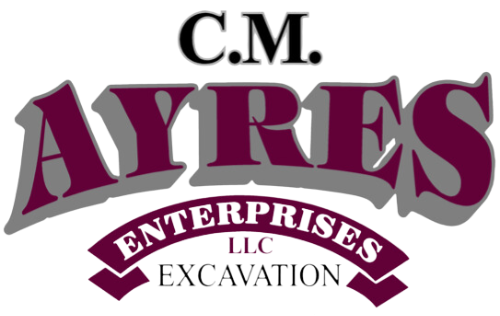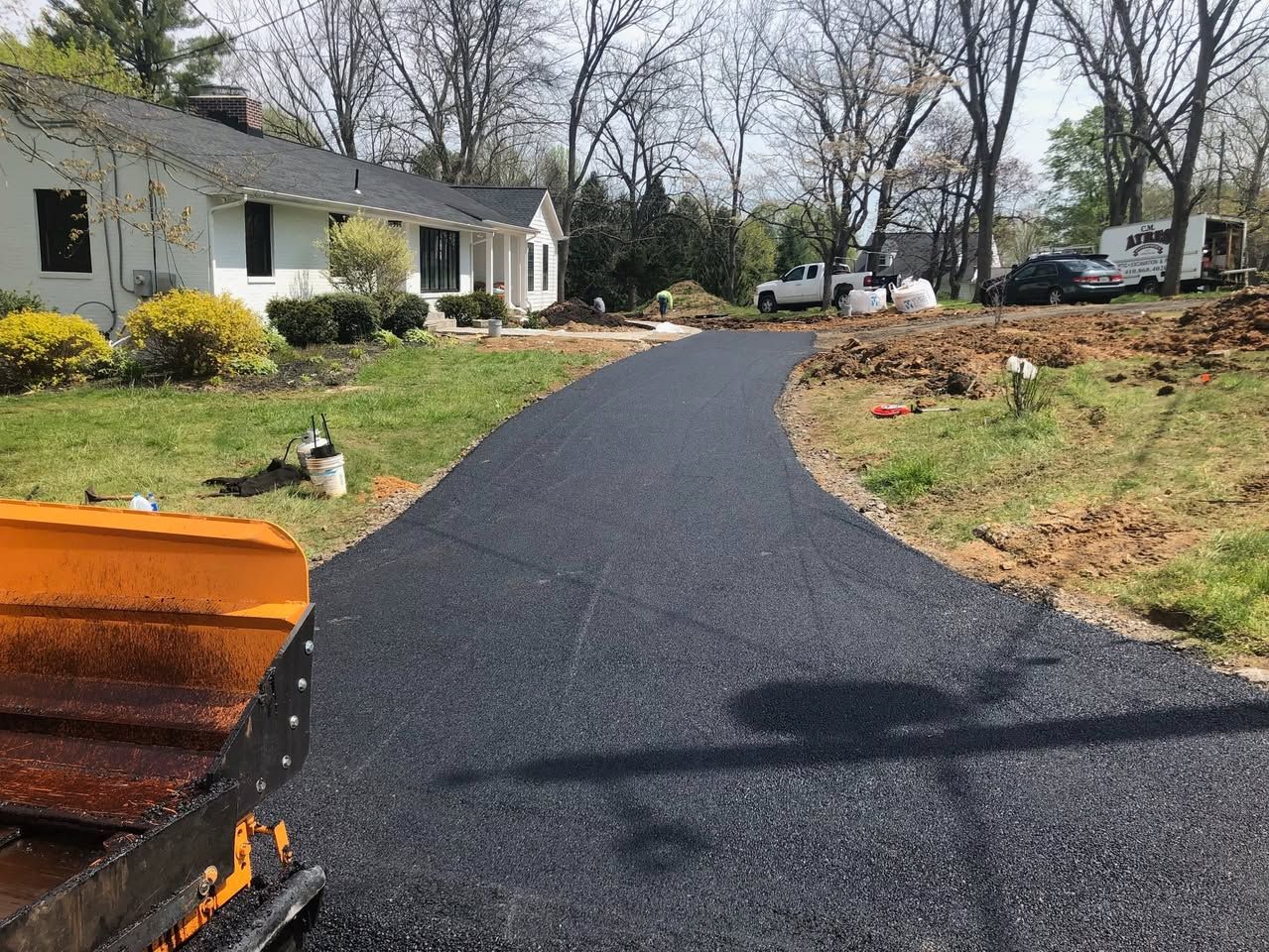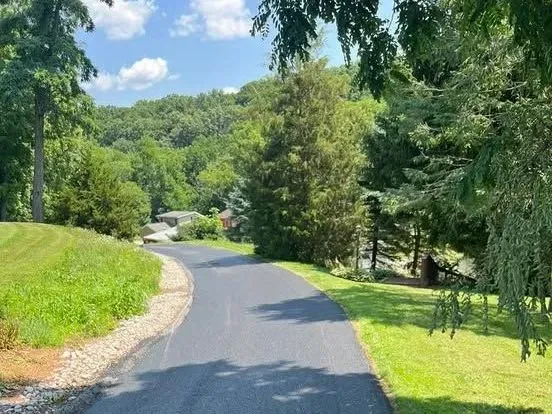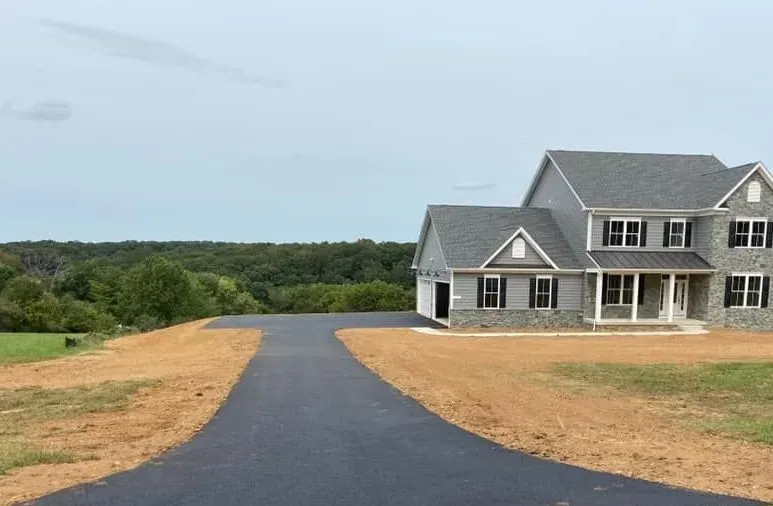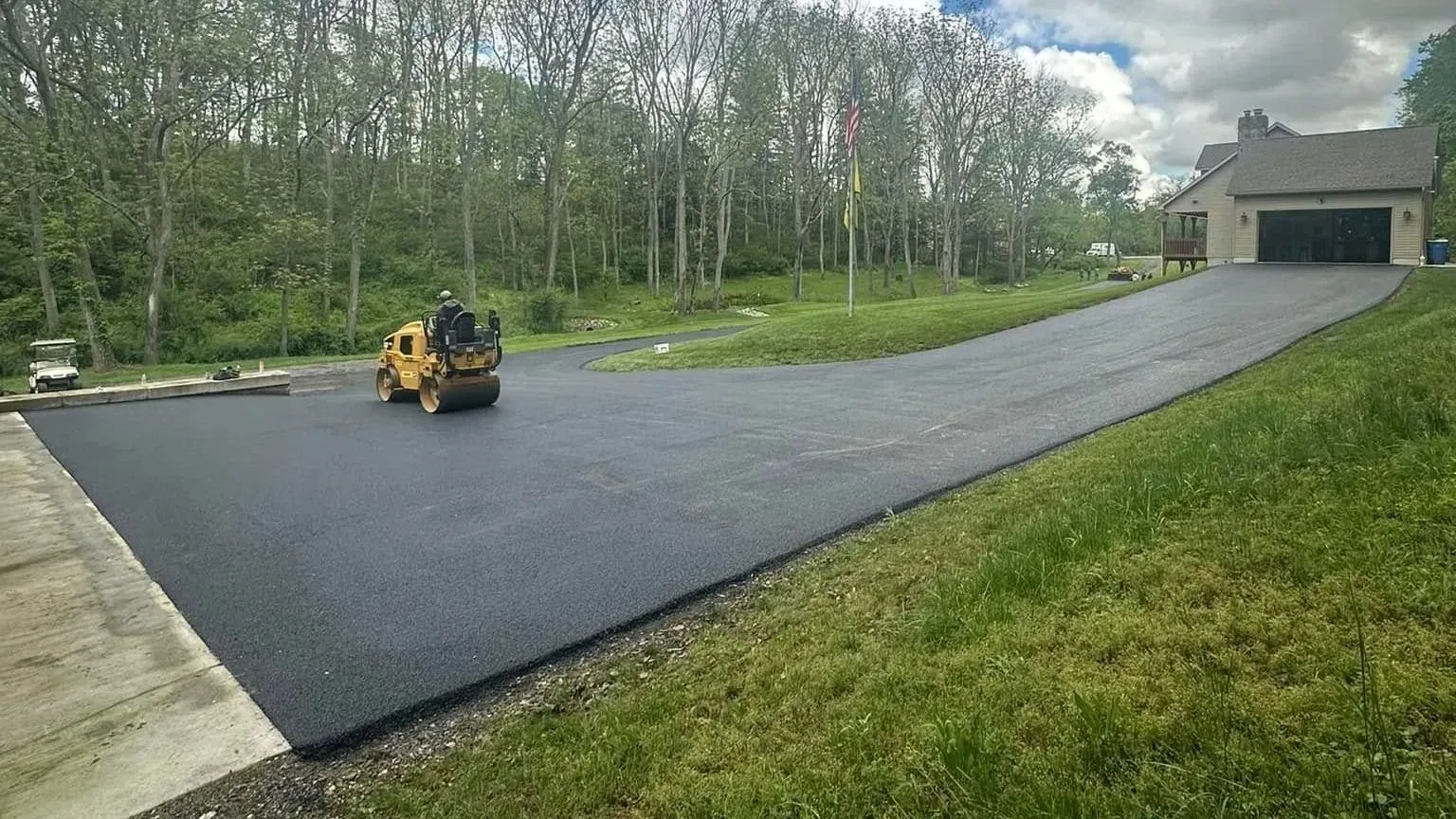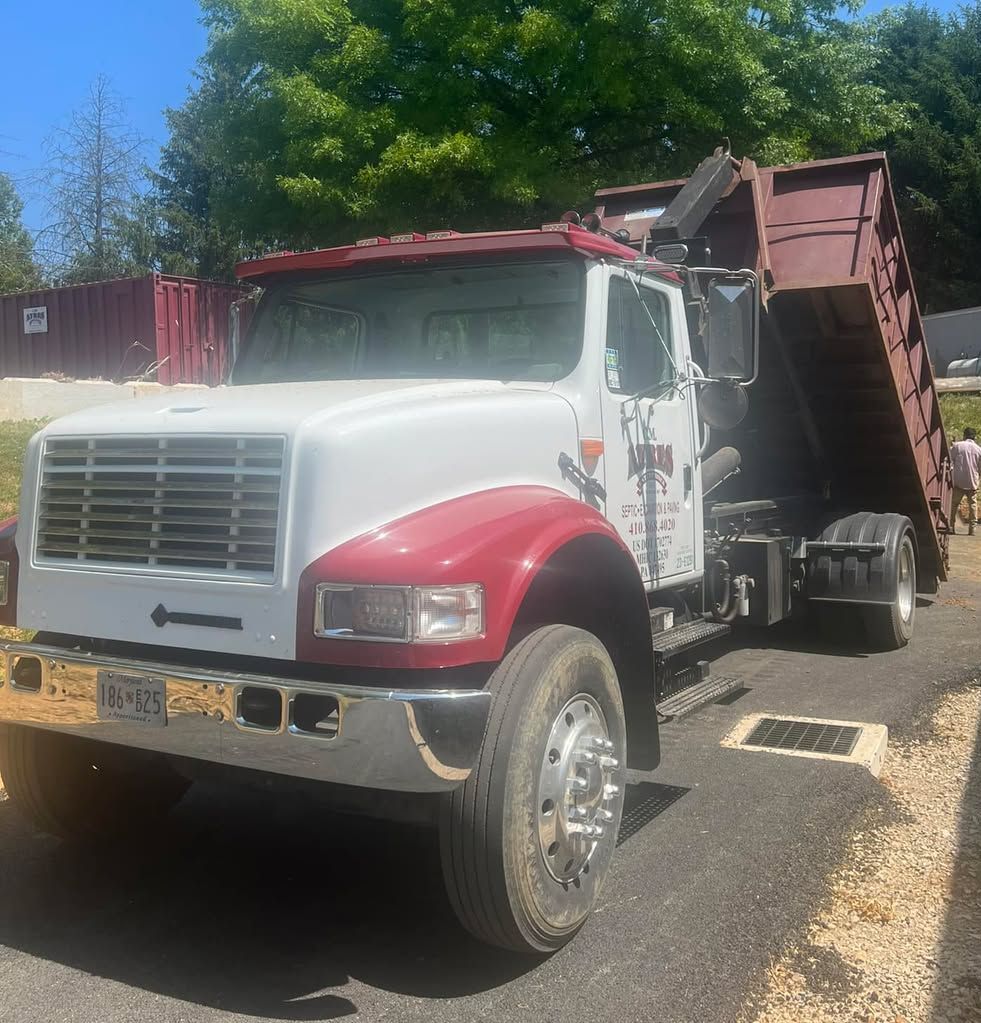Asphalt Driveway Resurfacing in Maryland
Asphalt Driveway Resurfacing in Maryland
Asphalt driveway resurfacing, also known as overlaying, is a cost-effective way to restore the appearance and functionality of your driveway without replacing it entirely. This process involves adding a new layer of asphalt over the existing surface, addressing minor cracks, imperfections, and wear. Resurfacing is an excellent option for extending the life of your driveway and improving its curb appeal when full replacement isn't necessary.
6 Signs Your Driveway Needs To Be Resurfaced & NOT Replaced
6 Reasons Your Driveway NEEDS To Be Replaced
- Extensive Cracking:
Large, deep, or widespread cracks indicate foundational damage, requiring full replacement instead. - Severe Potholes:
If potholes are too large or numerous, they may compromise the structural integrity of the base layer. - Drainage Problems:
Significant drainage issues might need a complete regrading rather than a simple overlay.
- Underlying Base Damage:
Resurfacing doesn’t address foundational problems that could cause future issues. - Multiple Resurfacings Already Done:
If your driveway has been resurfaced several times, adding another layer may not be effective. - Driveway Thickness Limitations:
Adding new asphalt can exceed the recommended thickness, causing potential structural concerns.
Why Choose Resurfacing?
Resurfacing is an affordable, efficient solution for driveways with surface-level damage. It’s quicker and less invasive than a full replacement, providing a renewed look and enhanced functionality. However, determining whether resurfacing is the right choice depends on the condition of your driveway, which is why an expert evaluation is essential.
Request Free Estimate
Please Allow 24 Hours For Us To Get Back In Touch With You
Conclusion
Asphalt driveway resurfacing is an excellent way to breathe new life into your driveway while saving time and money. At C.M. Ayers, we’re here to guide you through the decision-making process, ensuring your driveway is safe, functional, and visually appealing. Contact us today to schedule a consultation and see if resurfacing is the right option for your home.
